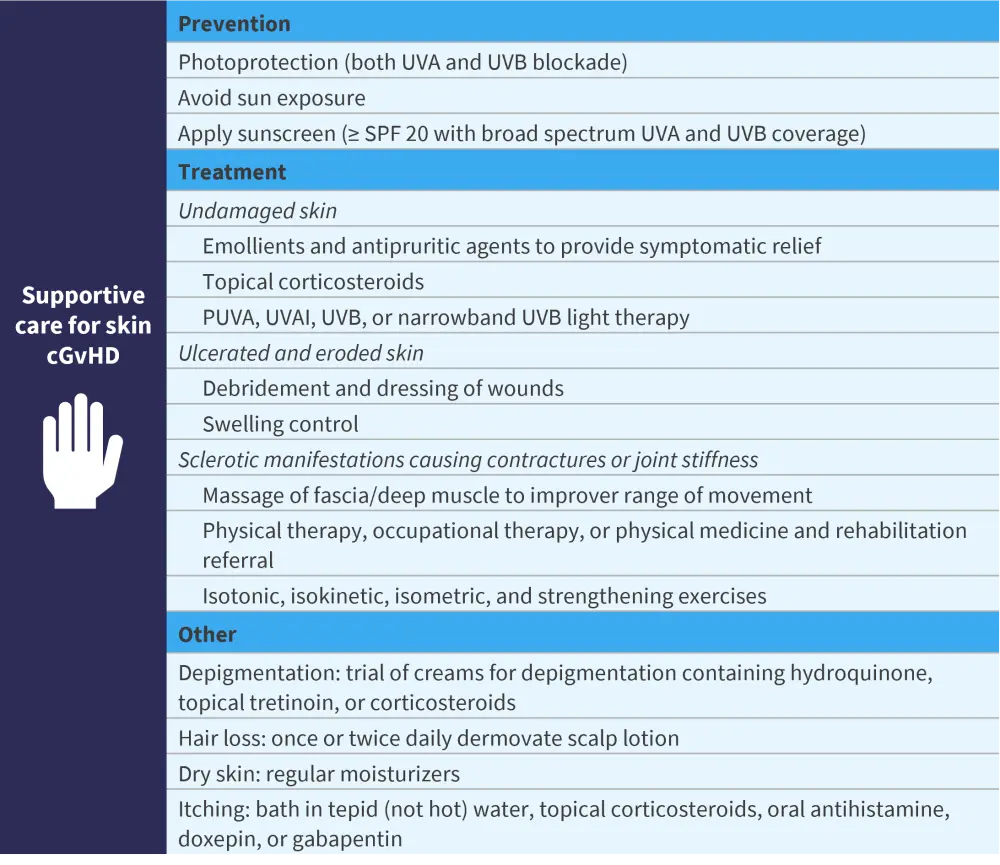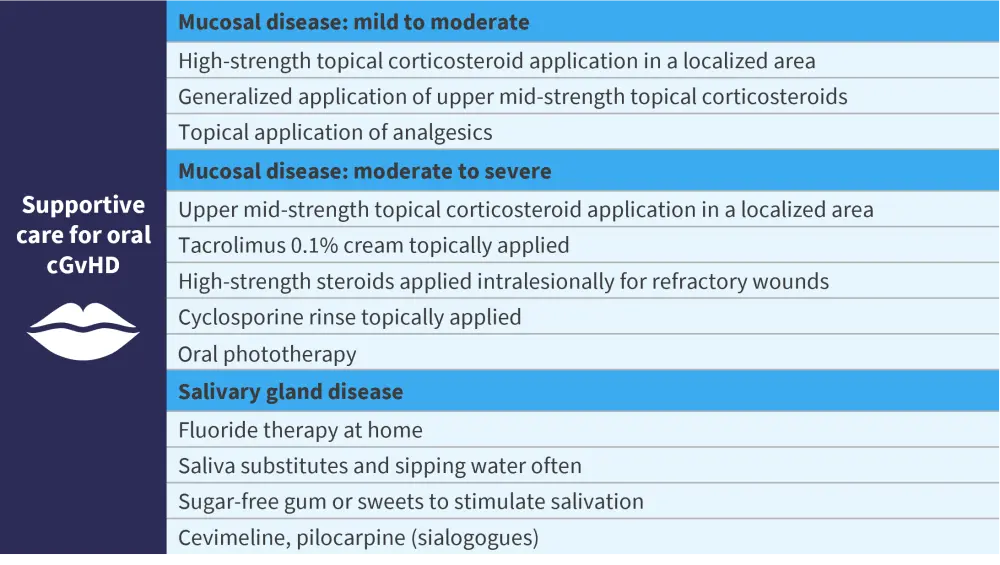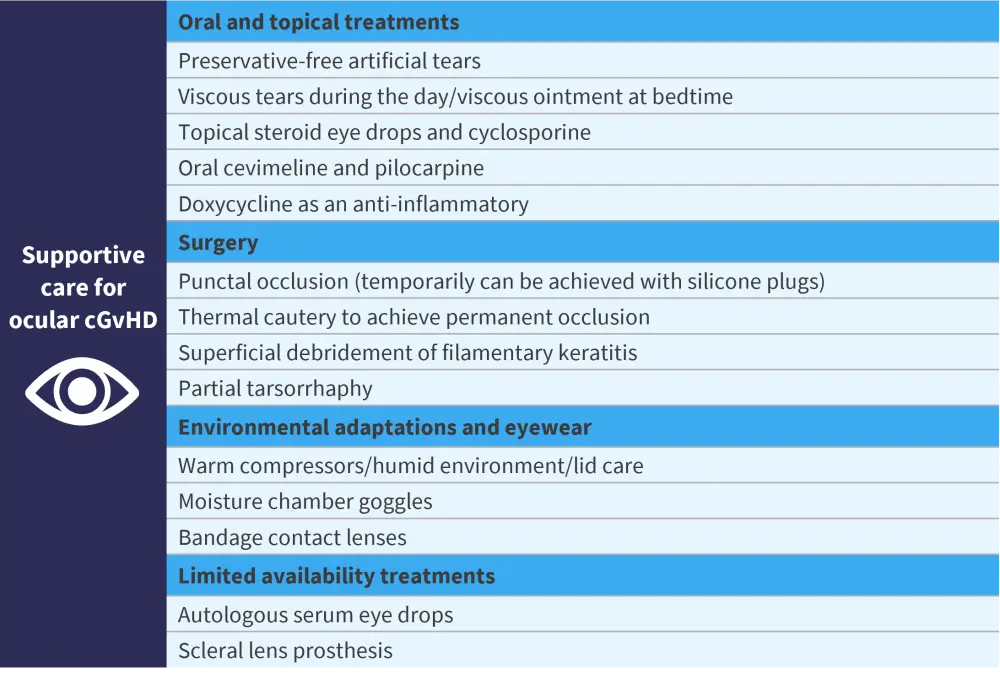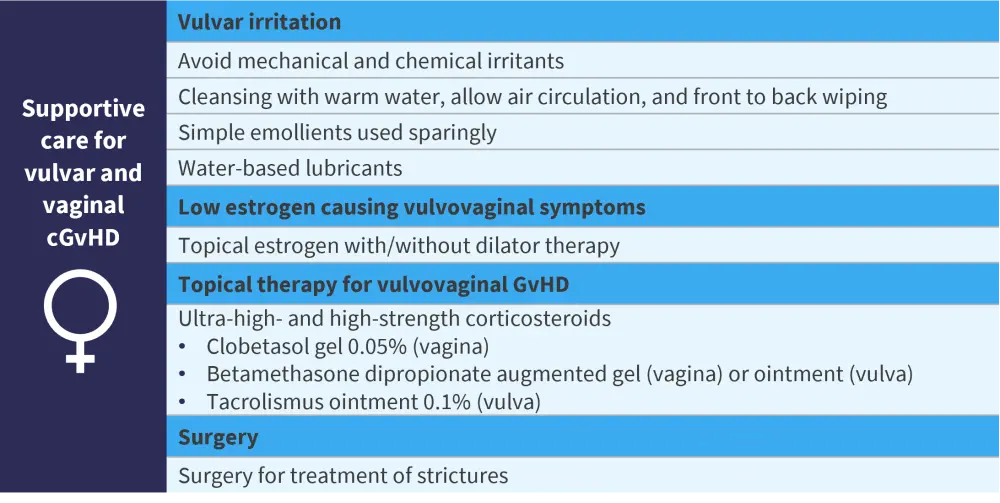All content on this site is intended for healthcare professionals only. By acknowledging this message and accessing the information on this website you are confirming that you are a Healthcare Professional.
The gvhd Hub website uses a third-party service provided by Google that dynamically translates web content. Translations are machine generated, so may not be an exact or complete translation, and the gvhd Hub cannot guarantee the accuracy of translated content. The gvhd and its employees will not be liable for any direct, indirect, or consequential damages (even if foreseeable) resulting from use of the Google Translate feature. For further support with Google Translate, visit Google Translate Help.
The GvHD Hub is an independent medical education platform, sponsored by Medac and supported through grants from Sanofi and Therakos. Funders are allowed no direct influence on our content. The levels of sponsorship listed are reflective of the amount of funding given. View funders.
Now you can support HCPs in making informed decisions for their patients
Your contribution helps us continuously deliver expertly curated content to HCPs worldwide. You will also have the opportunity to make a content suggestion for consideration and receive updates on the impact contributions are making to our content.
Find out more
Create an account and access these new features:
Bookmark content to read later
Select your specific areas of interest
View GvHD content recommended for you
Supportive care requirements of patients with GvHD
While allogeneic hematopoietic stem cell transplantation can cure many hematologic malignancies, graft-versus-host disease (GvHD) can reduce quality of life (QoL) and life expectancy in transplant recipients. GvHD affects multiple organ systems and can severely decrease physical functioning and the psychological wellbeing of patients.
In an article from Areej El-Jawahri,1 the supportive care requirements for helping patients with both the physical and mental aspects of GvHD are discussed, and the GvHD Hub is happy to provide a summary here.
Providing supportive care for patients involves:
- Monitoring the symptom burden and QoL of patients
- Screening for psychological distress and planning treatment strategies for coping with anxiety, stress, and depression
- A multidisciplinary team to coordinate specialized treatment for patients post-transplant
- Prophylactic measures to protect against infection in immunocompromised patients
Acute GvHD supportive care
Classic acute (a)GvHD affects the liver, skin, and gastrointestinal tract, and is normally seen in the first 100 days after transplant. Patients can be severely affected with nausea, diarrhea, anorexia, and reduced physical functioning.
A common treatment strategy is to use corticosteroids and other immunosuppressive agents; however, they also have side effects and may increase the chance of infectious complications.
There are few studies that look at the supportive care requirements of patients with aGvHD. The reasons for this are:
- A lack of symptom specific tools that produce reliable results for patients with aGvHD
- Studies require frequent symptom reporting, which places a heavy burden on patients who are already very ill
- Not enough studies assess the correlation of changes in QoL and aGvHD symptoms with objective response criteria
As a minimum, patients with aGvHD should be assessed for psychological distress along with receiving topical treatments for skin conditions and antidiarrheal medication, if experiencing aGvHD gastrointestinal symptoms in clinical practice. Physical therapy and rehabilitation can also be highly beneficial to patients.
Studies with serial reporting of patient outcomes would be an invaluable tool to assess the needs of patients with GvHD and response to therapy. Monitoring the side effects of treatments, such as corticosteroids, is also advisable. Side effects from these agents can include:
- Weakness
- Increased susceptibility to infection
- Fatigue
- Insomnia
- Avascular necrosis
- Osteoporosis
- Edema
- Steroid myopathy
Steroid myopathy rates have been recorded in as high as 41% of patients with aGvHD.
An association has been noted between the gut microbiome and risk of developing aGvHD, as well as overall outcome, following allogeneic hematopoietic stem cell transplantation. Probiotics, nutritional supplements, and fecal microbiota transplants may be useful additions to a patients care strategy and are currently being assessed in clinical trials.
Treatment of physical GvHD symptoms
Organ-specific treatments for chronic (c)GvHD are covered in Figures 1−5 and the downloadable resource below.
Figure 1. Supportive care for skin cGvHD*

cGvHD, chronic graft-versus-host disease; PUVA, , psoralen + ultraviolet light UV; UV, ultraviolet.
*Adapted from El-Jawahri.1
Figure 2. Supportive care for oral cGvHD*

cGvHD, chronic graft-versus-host disease.
*Adapted from El-Jawahri.1
Figure 3. Supportive care for ocular chronic GvHD*

cGvHD, chronic graft-versus-host disease.
*Adapted from El-Jawahri.1
Figure 4. Supportive care for vulvar and vaginal chronic GvHD*

cGvHD, chronic graft-versus-host disease.
*Adapted from El-Jawahri.1
Figure 5. Supportive care for pulmonary chronic GvHD*

cGvHD, chronic graft-versus-host disease; CT, computed tomography; FAM, fluticasone, azithromycin, and montelukast; Ig, immunoglobulin.
*Adapted from El-Jawahri.1
Psychological impact of cGvHD
Depression and anxiety are reported in 50% and 30%, respectively, of patients with cGvHD. Patients with cGvHD who self-reported depression also showed an association with reduced survival times.
The use of adaptive strategies to help patients cope with ongoing medical stressors has been shown to be beneficial, impact QoL, and reduce distress in patients with cGvHD. Interventions such as cognitive behavioral therapy can help patients cope with their symptom burden and adapt to this complicated condition.
Screening for psychological distress, along with referral to psychology, is necessary to help patients live with the depression and anxiety that may be associated with cGvHD. Psychiatry referral and the use of antidepressant or antianxiety medication may be beneficial in some circumstances.
In addition to anxiety, patients may feel financial distress because of a patient’s physical symptoms, the pressure of medical bills, and inability to work. Further assessment of the impact of financial worries is needed along with consideration of what support programs exist for this aspect of care.
Infection prophylaxis and vaccination late effects in patients with cGvHD
Late complications, such as secondary cancers, cardiovascular disease, and skeletal complications, are frequent in patients with cGvHD. cGvHD combined with current treatments can increase the risk of metabolic complications, such as diabetes, hypertension, hyperlipidemia, and metabolic syndrome. These conditions can increase the pressure on the cardiovascular system, which can, in turn, increase the likelihood of cardiovascular events. As a result, it is important to take note of cardiovascular risk factors and comorbidities to improve survival in these patients.
Patients with cGvHD experience a high degree of immunocompromisation with macrophage function, T-cell function, and the production of immunoglobulins being affected. Guidelines for infection prophylaxis and the use of vaccines in this population have been produced by the Centers for Disease Control and Prevention, the Infectious Diseases Society of America, and the American Society for Blood and Marrow Transplantation.
Conclusion
Proper supportive care for patients experiencing aGvHD and/or cGvHD symptoms after transplant require dedicated care from a multidisciplinary team. The physical symptoms can be debilitating and greatly reduce the QoL of patients. In addition to the physical effects, the impact on a patient’s mental health can be profound and needs assessing and managing in its own right. GvHD is an unpredictable illness and requires adaptability in both patients and clinicians.
References
Please indicate your level of agreement with the following statements:
The content was clear and easy to understand
The content addressed the learning objectives
The content was relevant to my practice
I will change my clinical practice as a result of this content
Your opinion matters
Which consideration most strongly guides your decision to escalate therapy in SR-aGvHD?

